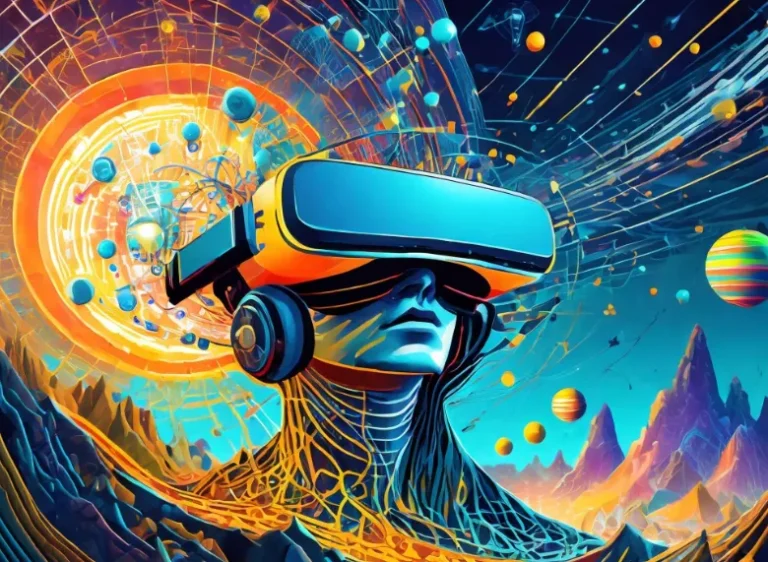The world of technology is in a constant state of evolution, with each advancement pushing the boundaries of what we once thought possible. One of the most exciting developments in recent years is the rise of virtual reality (VR). This immersive technology has the potential to revolutionize numerous industries, from entertainment to education, and even beyond.
Virtual reality provides users with the ability to experience and interact with a three-dimensional environment that seems astonishingly real. By wearing a VR headset, individuals can be transported to different worlds, engage in thrilling adventures, or even conduct scientific research in a controlled virtual setting. The applications of VR are virtually limitless, making it a groundbreaking tool for innovation and discovery.
In the realm of entertainment, VR has already made significant strides. Gamers can now delve into games that place them directly in the heart of the action, providing a level of immersion that traditional gaming platforms cannot match. Similarly, movie enthusiasts can enjoy films in a completely new way, feeling as though they are part of the story rather than mere spectators.
Education is another field where VR is beginning to make a substantial impact. Imagine a history class where students can explore ancient civilizations firsthand or a biology lesson where learners can examine the inner workings of the human body in 3D. VR allows for experiential learning, which can enhance understanding and retention of complex concepts. This technology also holds promise for remote education, making high-quality learning experiences accessible to students regardless of their geographic location.
Beyond entertainment and education, VR is finding applications in healthcare, architecture, and even social interaction. Surgeons can practice intricate procedures in a risk-free virtual environment, architects can create and walk through virtual models of their designs, and people can meet and interact in virtual spaces, bridging the gap between physical distances.
The future of VR is incredibly bright, with continuous advancements making the technology more accessible and versatile. Companies like 22Bet are already exploring how they can incorporate VR into their offerings, not for betting, but to enhance user experiences in innovative ways. By staying at the forefront of technological trends, businesses can ensure they are ready to meet the evolving demands of consumers and remain competitive in an increasingly digital world.
In conclusion, virtual reality is not just a fleeting trend but a transformative technology with the potential to reshape various aspects of our lives. As VR continues to develop and integrate into different sectors, its ability to create immersive and engaging experiences will undoubtedly bring about significant changes in how we live, work, and play.
